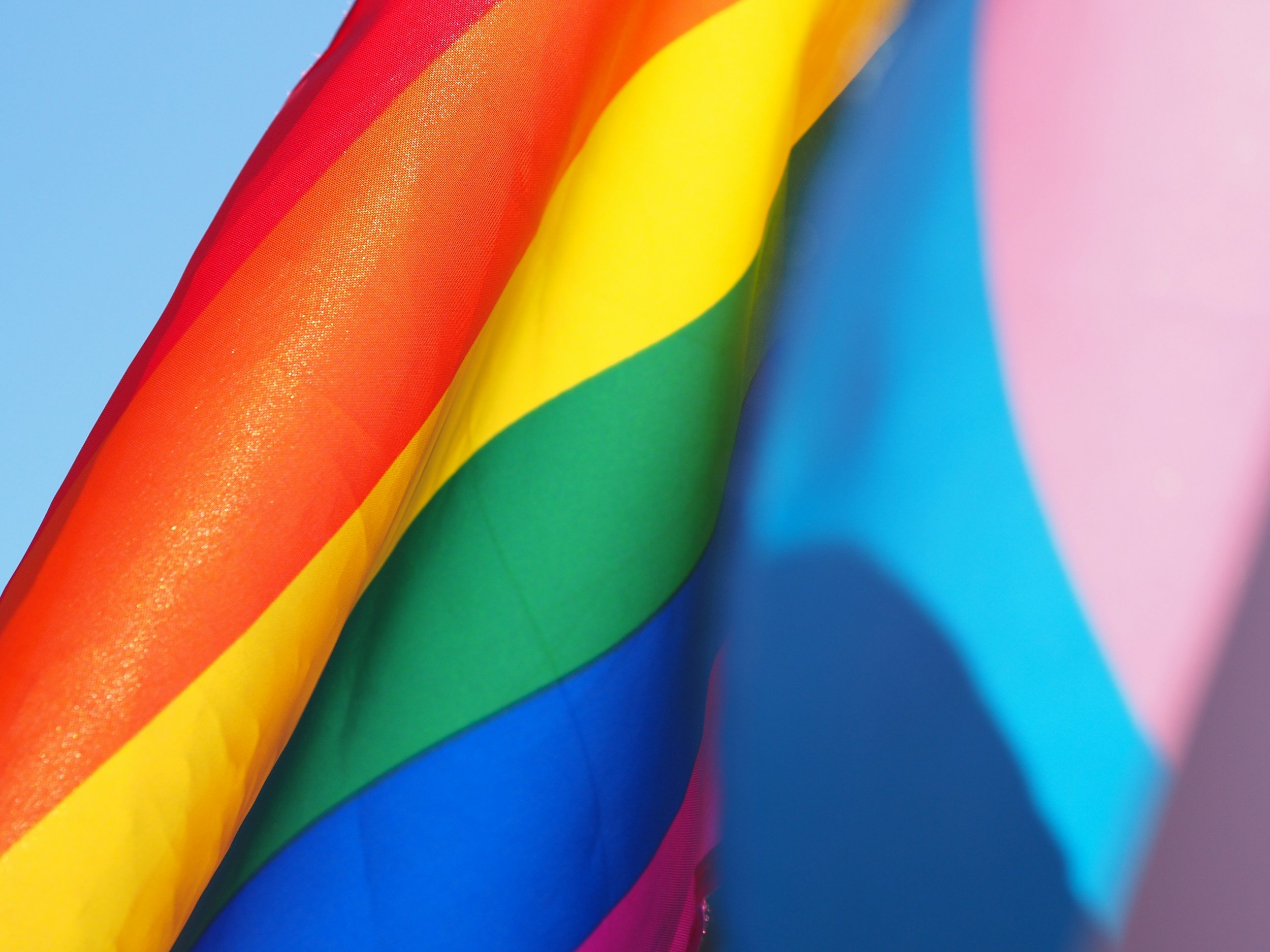Looking for a specific women’s football research topic?

“We exist. Don’t forget or over look us.”: queering the legacies of the 2023 Women’s FIFA World Cup
This research study looked into how the 2023 FIFA Women's World Cup (WWC), co-hosted by Australia and Aotearoa New Zealand, approached its required "legacy planning" – essentially, how the tournament aimed to create lasting benefits for women's football. The study specifically focused on understanding whether LGBTQ+ (lesbian, gay, bisexual, transgender, queer, and non-binary) women and non-binary fans were aware of these legacy plans and if they felt their communities were included.

#SeAcabó: how a mass-mediated “social drama” made visible and confronted (subjective and objective) violence in women’s football in Spain
The article "#SeAcabó: How a Mass-Mediated ‘Social Drama’ Made Visible and Confronted Violence in Women’s Football in Spain" examines how the non-consensual kiss between Luis Rubiales and Jenni Hermoso during the 2023 FIFA Women’s World Cup ignited a widespread social and political response. Using concepts like "moral shock" and "social drama," the study explores how this high-profile incident mobilized public discourse on gender inequality and violence in women's football.

Technical-tactical evolution of women’s football: a comparative analysis of ball possessions in the FIFA Women’s World Cup France 2019 and Australia & New Zealand 2023
The article "Technical-Tactical Evolution of Women’s Football: A Comparative Analysis of Ball Possessions in the FIFA Women’s World Cup France 2019 and Australia & New Zealand 2023" examines how women’s football has evolved in terms of ball possession and game control. By analyzing 4,669 ball possessions from both tournaments, the study identifies significant increases in possession time, passing accuracy, and structured team play.
